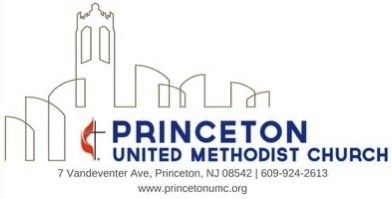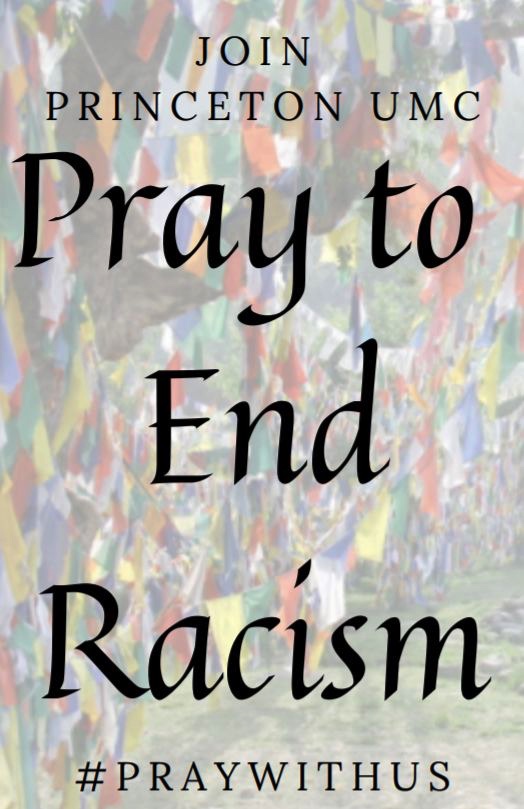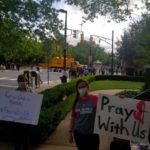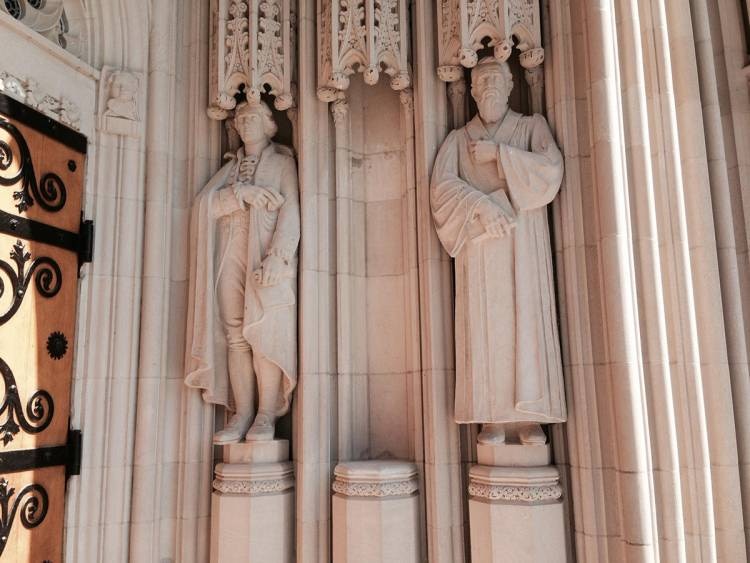
On July 19, 2020, Pastor Jenny Smith Walz addressed the conflict I have been holding in my heart — how to condemn the evil of white supremacy and still love those (in my family and elsewhere) who perpetrated it, those (including me) who benefit from it, and those (in the #endracism movement) who — as they try to eliminate symbols of injustice from public places — find it hard if not impossible to acknowledge that someone who did evil may also have done good.
Let’s admit that we ignore 98 percent of the information that we see or hear. Of the remaining two percent, we put half into a bucket, labeled “I like this,” and the other half into a bucket labeled “I dislike this.”
Don’t believe that the human race is so cruel and blind? Here’s what Pastor Jenny cited as historic examples.
Let’s send the convicts to Australia.
Let’s create an Aryan society.
Let’s eliminate the Tutsis.
Let’s create different sets of privileges for those with black and brown bodies.
Let’s block whatever the opposing party in Congress wants.
Let’s leave our church because someone I don’t approve of can belong.
Let’s put this person’s name in stone on the bad list, so no longer can I see them as a whole person.
It’s the last one that twangs my heart.
Click the arrow for “previous” to get the July 19 service and sermon.
For the middle of this post click here
In this sermon I think Pastor Jenny is trying to open a safe space for everyone, no matter where they are in their opinions. She closed with this poem, ending…
May my peace and acceptance
be the seeds I sow
for the next harvest.

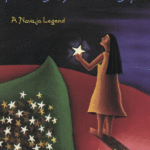
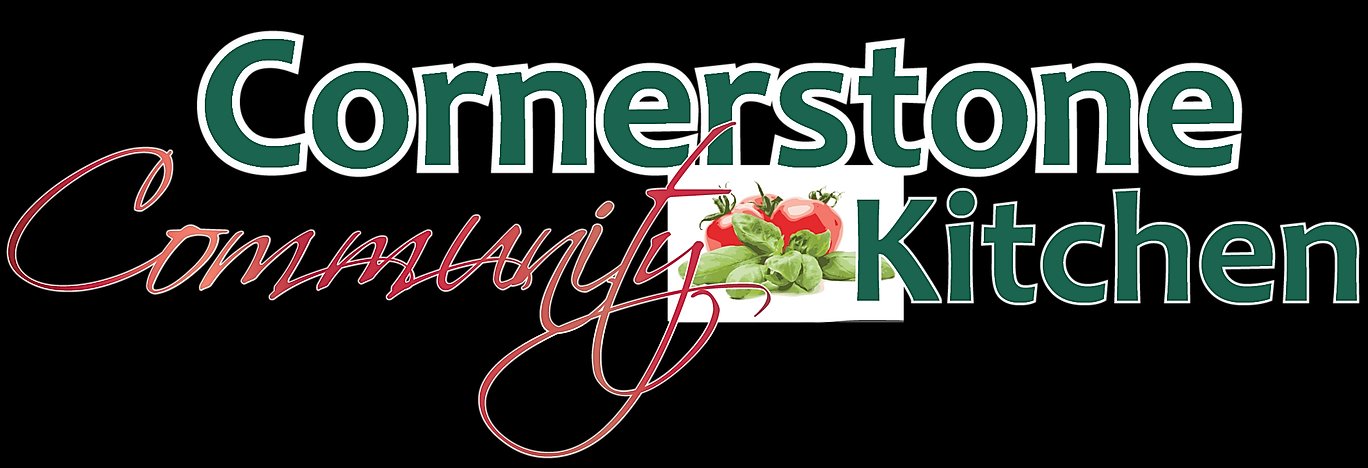
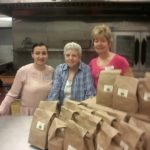 Our volunteers put these items together into take-out packages that are distributed to guests through the door that leads to the fellowship hall, where the guests are waiting outside to receive them. The clothing closet has also opened in a limited, but exciting way, with selected items available outside for people to choose from. Kudos to the CCK team who has re-imagined their ministry in light of these challenging circumstances.
Our volunteers put these items together into take-out packages that are distributed to guests through the door that leads to the fellowship hall, where the guests are waiting outside to receive them. The clothing closet has also opened in a limited, but exciting way, with selected items available outside for people to choose from. Kudos to the CCK team who has re-imagined their ministry in light of these challenging circumstances.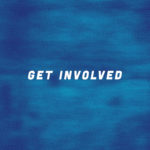 Since March, our nation has been impacted by a series of stunning events and traumas. In less than four months our world has been turned upside down. Who would have expected that over 110,000 Americans would have died from the coronavirus, a pandemic which has swept the world, with New Jersey and New York the worst-hit areas? Who would have expected 40,000,000 Americans would be out of work? On top of this, the death of George Floyd at the hands of the Minneapolis police proved to be the fuel to ignite an explosion of protests, demonstrations and calls for the end of racial discrimination sweeping our nation.
Since March, our nation has been impacted by a series of stunning events and traumas. In less than four months our world has been turned upside down. Who would have expected that over 110,000 Americans would have died from the coronavirus, a pandemic which has swept the world, with New Jersey and New York the worst-hit areas? Who would have expected 40,000,000 Americans would be out of work? On top of this, the death of George Floyd at the hands of the Minneapolis police proved to be the fuel to ignite an explosion of protests, demonstrations and calls for the end of racial discrimination sweeping our nation. Elli Collins, one of the confirmands this year, wrote her own version of the Lord’s Prayer
Elli Collins, one of the confirmands this year, wrote her own version of the Lord’s Prayer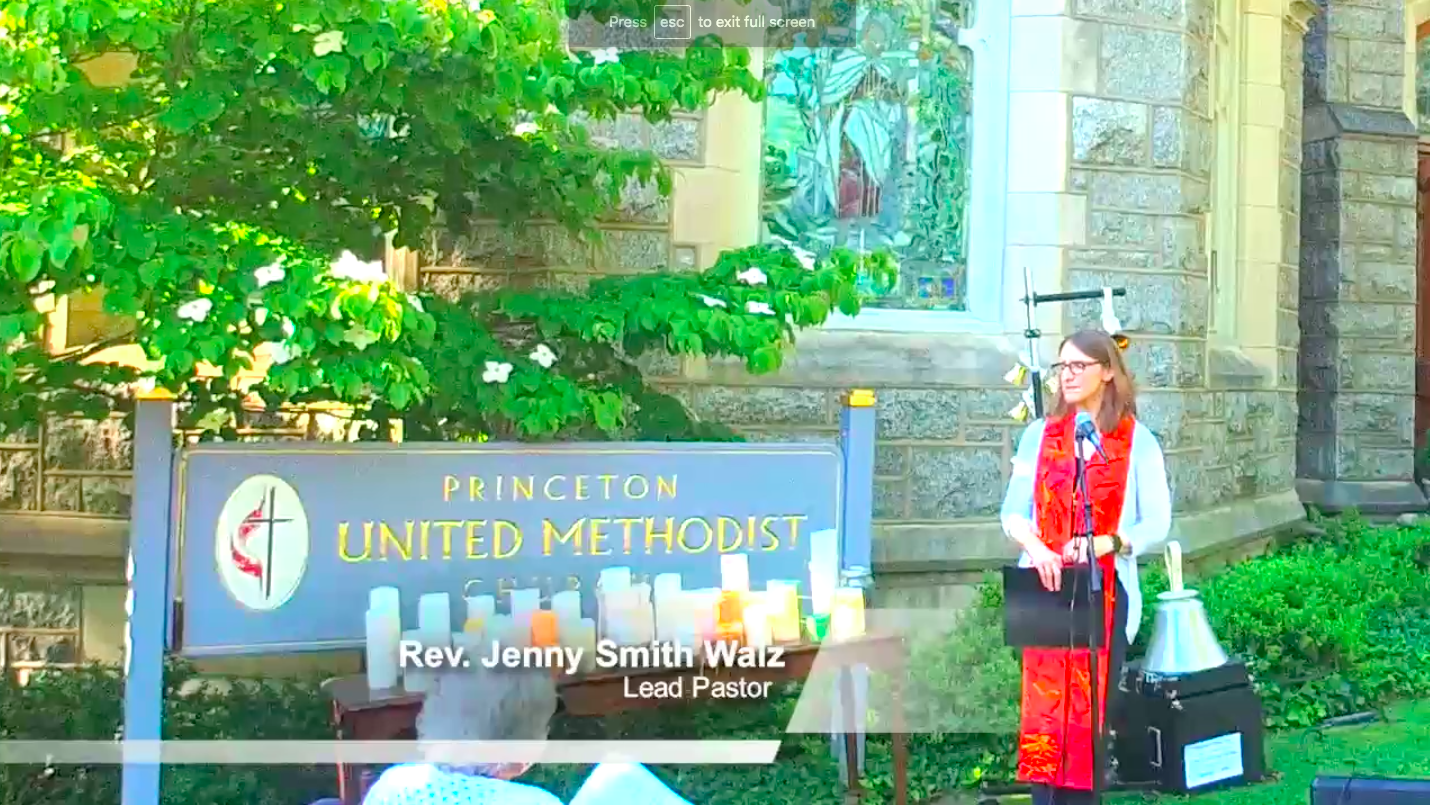 In “Faith and Activism: a discussion with three religious leaders in Princeton,
In “Faith and Activism: a discussion with three religious leaders in Princeton,  Meet
Meet 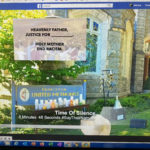
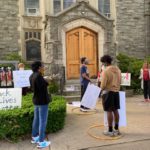
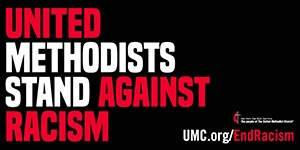 egregious sin of racism and white supremacy and join together to take a stand against the oppression and injustice that is killing persons of color.” It added: “The United Methodist Church has created an advertising campaign, #EndRacism, in an effort to actively engage in the ministry of dismantling racism and promoting racial justice. Logo courtesy of resourceumc.org.”
egregious sin of racism and white supremacy and join together to take a stand against the oppression and injustice that is killing persons of color.” It added: “The United Methodist Church has created an advertising campaign, #EndRacism, in an effort to actively engage in the ministry of dismantling racism and promoting racial justice. Logo courtesy of resourceumc.org.”